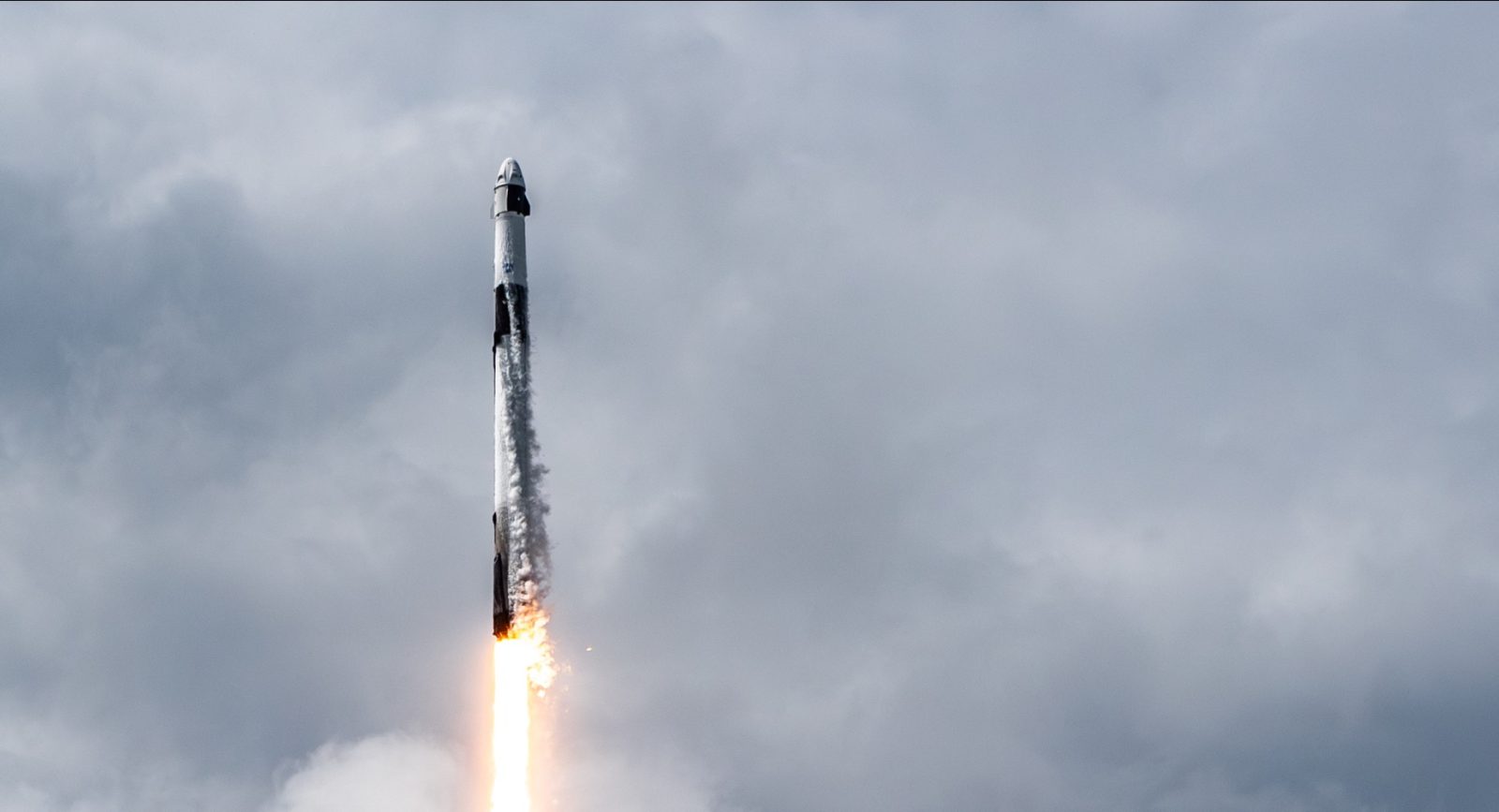
SpaceX has run into another issue with its Falcon 9 rocket’s second stage, this time having an “off-nominal” reentry burn after Crew-9‘s orbit insertion. This comes just a short time ahead of two important science missions for both NASA and ESA that have October launch windows.
In a short comment on X, SpaceX shared that Crew-9’s second stage “experienced an off-nominal deorbit burn.” While the stage did successfully orbit and splashdown into the ocean, it looks like something went wrong enough to show up on SpaceX’s end.
On Monday, the FAA announced its requirement for an investigation into the anomaly. This means that the Falcon 9, and likely its Falcon Heavy rocket, are grounded for the third time this year until the FAA determines it’s safe to fly again.
The timing of this grounding isn’t perfect, as SpaceX has two launches with strict timeframes to get to space. First is ESA’s Hera spacecraft, which will visit the asteroid Didymos and its tiny moon, Dimorphos. These two were recently visited by the NASA DART mission, where it impacted the asteroid in a first-of-its-kind test to change its trajectory around the Sun. Hera will follow up on the asteroid to see if its gravity changed at all.
The second mission will be NASA’s Europa Clipper mission to the Jupiter moon Europa. This is one of NASA’s major science missions and will be launching on SpaceX’s Falcon Heavy rocket, which has a similar second stage to the Falcon 9. This important science mission will study the icy moon and confirm whether or not a subsurface ocean exists, and if life is possible.
ESA is still hoping to make its October 7 launch date and is planning accordingly. The agency has been getting regular updates from SpaceX on the matter and expects to get an okay to launch on October 6.
SpaceX’s previous two groundings, another second stage failure, and a failed landing kept the rockets grounded for relatively short periods of time. However, this is the second time the second stage has run into problems, and while SpaceX hasn’t shared any details about the issue, if it’s similar to the previous second stage issue, it might complicate things, as it was believed to have been solved.
This third grounding strengthens the belief that more than one strong commercial launch provider is needed. With SpaceX unable to launch, that also puts NASA, the Department of Defense, and even international government entities in a position where they are unable to launch most of their missions.
ULA’s second Vulcan launch is still set for this Friday, and Blue Origin is gearing up for its first New Glenn mission in November. While ULA’s commercial success is edgy at best, having Blue Origin finally start commercial launches will be a great addition to the industry.
FTC: We use income earning auto affiliate links. More.




Comments